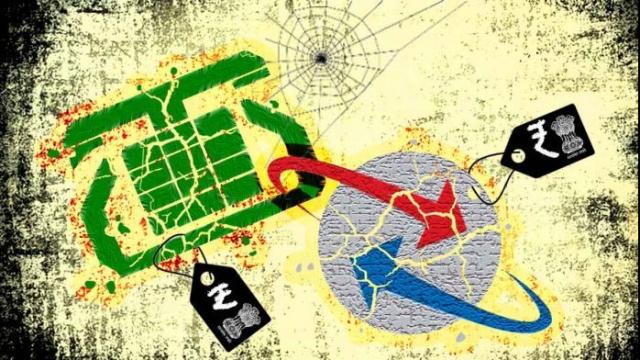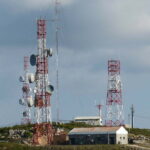MTNL and BSNL in response to the Telecom Regulatory Authority of India’s (TRAI) consultation paper on ‘Spectrum Usage Charges’ under the weighted average amount of SUC assessment, in cases of Spectrum Sharing stated stated that spectrum sharing should be allowed irrespective of it being liberalized or unliberalized to allow efficient utilization as extant guidelines were a major roadblock.
MTNL and BSNL said that no additional levy should be imposed on spectrum sharing and if at all It is to be levied then the increment of 0.5% on SUC rate should apply on the spectrum holding in specific band in which sharing is taking place and not on the entire spectrum holding of the TSPs.
MTNL and BSNL further stated that the additional levy was a deterrent which causes an extra burden on TSPs proving as a deterrent for TSPs to enter into spectrum sharing arrangements even if they want to improve QoS experience. MTNL and BSNL noted that if the same is not allowed then it would encourage TSPs to share spectrum willingly. It suggested a one-time fixed charge by DoT for processing the spectrum sharing request.
MTNL-BSNL further urged DoT to review and relax the restrictions for sharing of spectrum. The condition to only allow spectrum sharing provided both TSPs have licenses in the same LSA and in the same band has a significant impact on superiority of some frequency bands over others. MTNL and BSNL suggested that inter-band sharing should be allowed.
Read Also: Pan India Telecom Spectrum holding chart 2020
MTNL and BSNL further stated that if two operators hold 5 Mhz of spectrum each and they share their spectrum, then it is possible to minimize network congestion and carry great amount of traffic which has potential to increase coverage, network capacities and diminish congestion issues in the network. The duo noted that the introduction of latest Dynamic Spectrum Sharing (DSS) technology is viewed as a key enabler of scaling 5G networks quickly.
The 900 Mhz is more efficient over a greater distance than the 1800 Mhz band as lower frequency produces higher wavelengths, allowing the signals to travel greater distances far more efficiently than the higher bands. However under the current guidelines, TSPs who don’t have spectrum in 900 Mhz cannot enter into a spectrum sharing arrangement with TSPs having spectrum in 900 Mhz.
Echoing on inter-band arrangement, MTNL and BSNL further stated that it two TSPs are looking to share spectrum irrespective of it being liberalized or un liberalized, then they should be allowed to share for efficient utilization of scare national resources and improvement in quality of services being provided to the customers.








